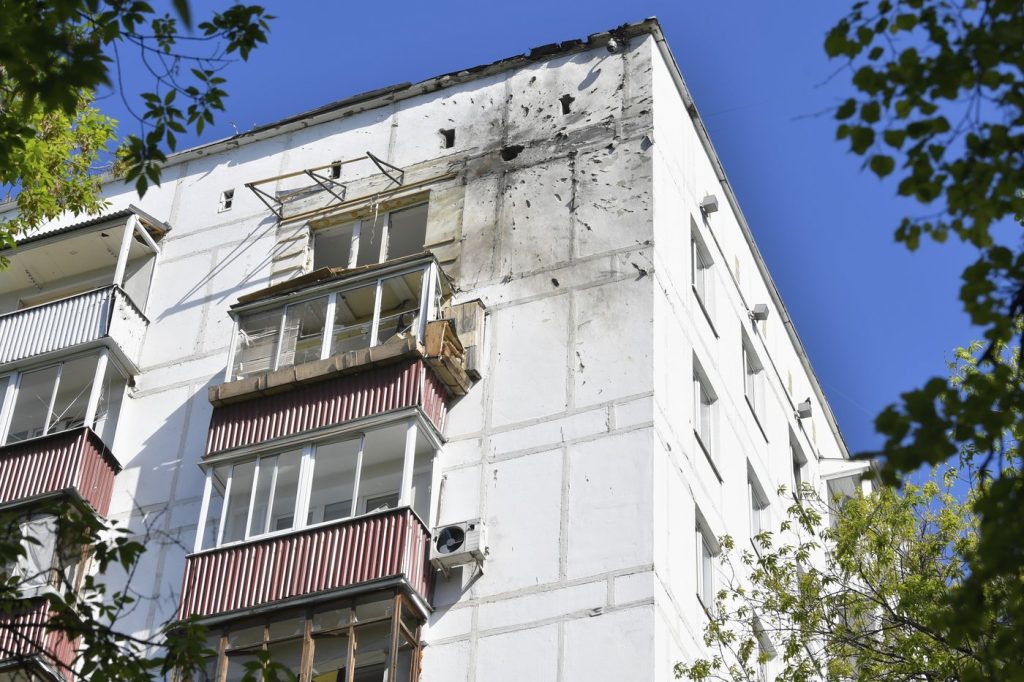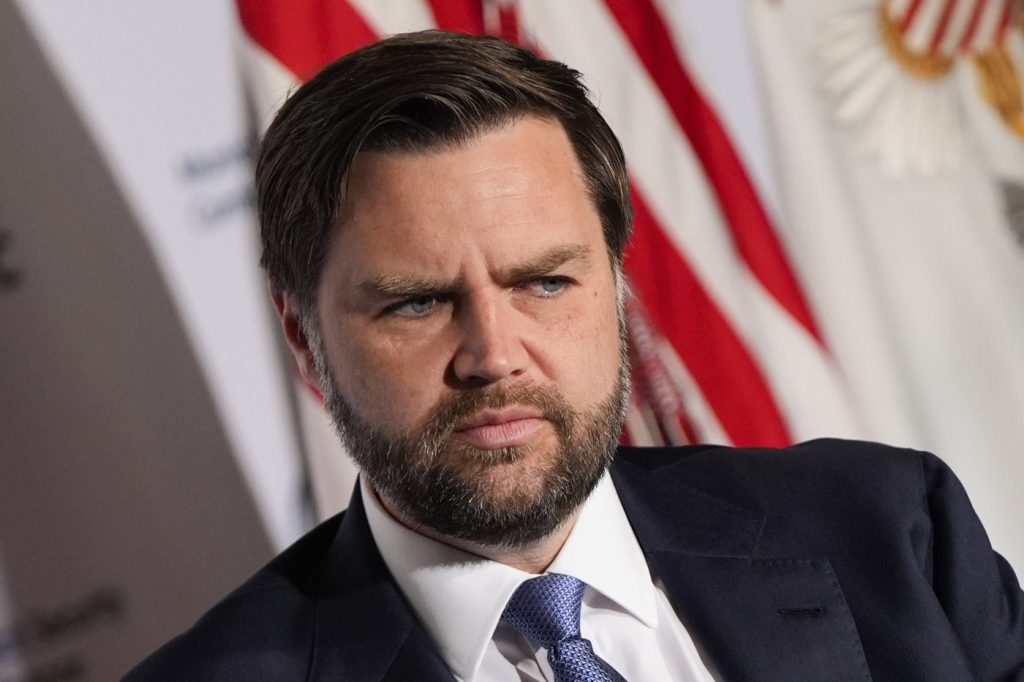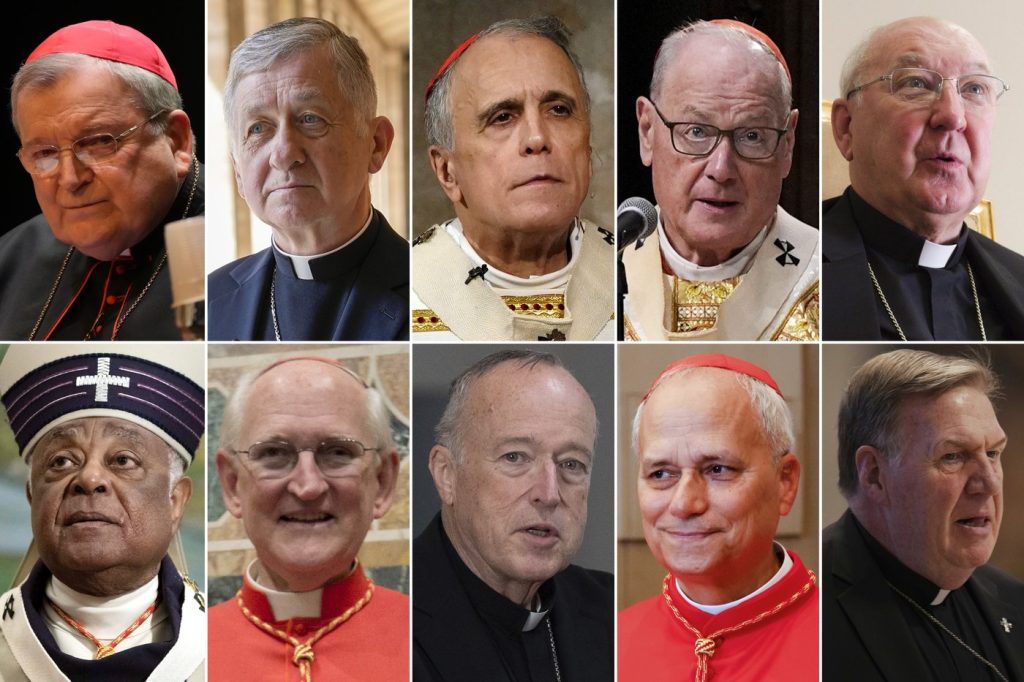All four international airports around Moscow temporarily suspended flights on Tuesday as Russian forces intercepted more than 100 Ukrainian drones targeting nearly a dozen regions within Russia, according to the Defense Ministry in Moscow. This unprecedented drone activity led to a significant impact on air travel, with nine additional regional Russian airports also halting operations as strikes affected areas near the Ukraine border and deeper into Russia. Major airports in Moscow, including Vnukovo and Domodedovo, had to ground flights multiple times as local air defenses intercepted incoming drones, as reported by Moscow Mayor Sergei Sobyanin.
The drone strikes complicated the planned unilateral 72-hour ceasefire declared by President Vladimir Putin, intended to coincide with commemorations for Victory Day over Nazi Germany in World War II. This day, celebrated on May 9, marks Russia’s most significant secular holiday. High-profile attendees, including Chinese President Xi Jinping and Brazilian President Luiz Inácio Lula da Silva, are expected to join the celebrations, which will feature a military parade showcasing thousands of troops, tanks, and missiles.
In response to the planned celebrations, Ukraine's Foreign Ministry issued a statement urging foreign nations not to send military representatives, citing their involvement as a disrespect to the memory of the millions of Ukrainian soldiers who fought against Nazism. Security measures are anticipated to be heightened for the event, with warnings from Russian officials regarding potential internet access restrictions in Moscow and advice against setting off fireworks.
President Putin described the temporary ceasefire, which begins on May 8, as being "on humanitarian grounds," while Ukraine has called for a more extended truce. The Kremlin has rejected a U.S. proposal for an immediate, comprehensive 30-day stop to hostilities, insisting on stringent conditions instead. However, President Volodymyr Zelenskyy of Ukraine affirmed his acceptance of the proposal.
In parallel to these developments, a significant prisoner exchange took place, with both Ukraine and Russia exchanging hundreds of captured soldiers—205 on each side. The United Arab Emirates facilitated this exchange, continuing its role as a mediator in previous negotiations.
Despite the temporary ceasefire announcement, both sides continued launching long-range strikes. Ukraine has increasingly relied on sophisticated domestic drones to offset the numerical disadvantage of its army, while Russia employed Shahed drones and heavy artillery, including glide bombs and missile strikes targeting various locations in Ukraine.
In the Russian Kursk region, local Governor Alexander Khinshtein reported two injuries and damage in the Voronezh region due to drone activities. These claims have not been independently verified. Concurrently, Ukraine's air force reported that Russia launched 136 drones overnight, with at least 20 of these targeting Kharkiv, Ukraine’s second-largest city, injuring four civilians and igniting a fire that damaged around 100 market stalls at Barabashovo, the city's biggest market.
Moreover, Russian artillery fire led to casualties in the Sumy region, where a ballistic missile strike resulted in three fatalities, including two individuals who succumbed to their injuries at a hospital. In Kramatorsk, a drone strike by Russian forces killed one person and injured two, targeting residential and industrial sectors of the city. Additionally, a drone attack in the Odesa region caused one death as it struck residential buildings and civilian infrastructure.












